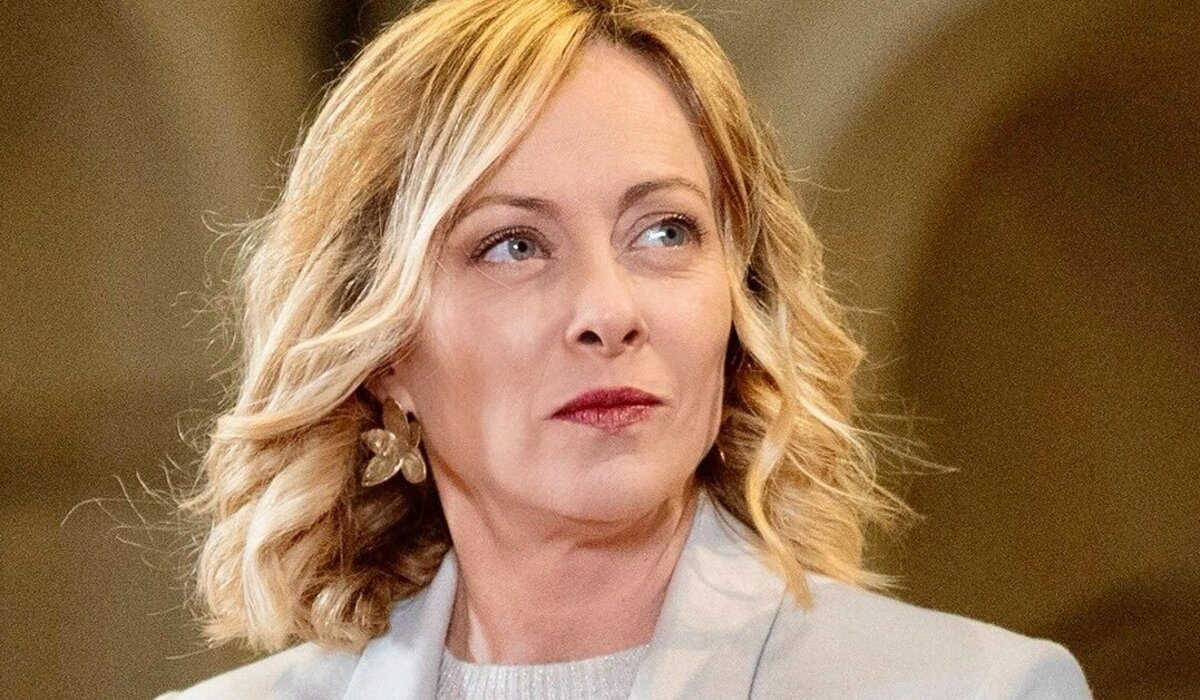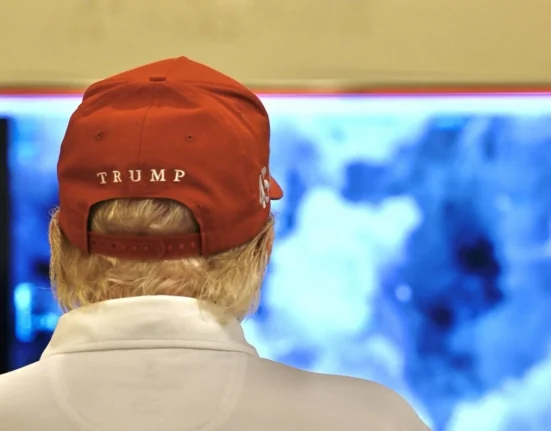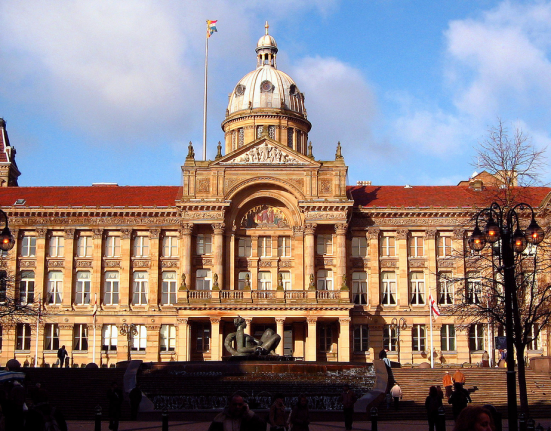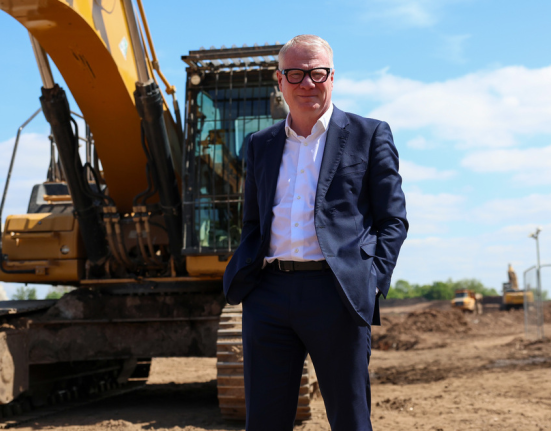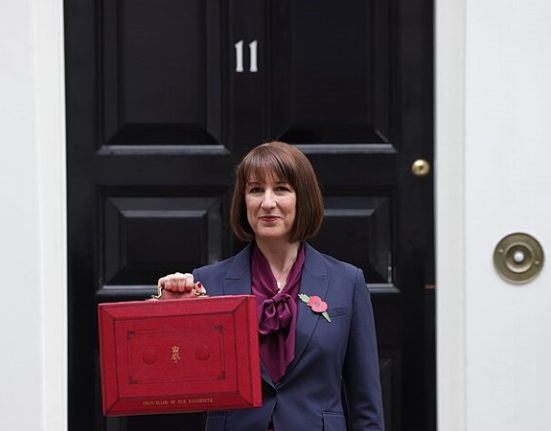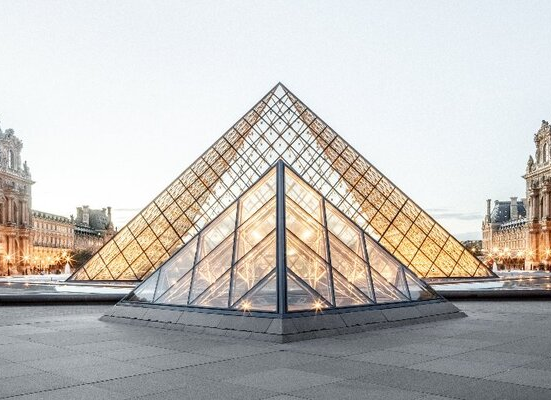Italian Prime Minister Giorgia Meloni has launched a sweeping €5.5 billion initiative to deepen her country’s economic and diplomatic presence across Africa.
This is part of a charm offensive to curb irregular migration and reposition Italy as a key power in the Mediterranean-African corridor.
Branded the “Mattei Plan,” after Eni’s visionary founder Enrico Mattei, the initiative blends aid, investment and infrastructure with diplomatic influence, seeking to address the root causes of migration. Italy is funding projects in 14 countries, ranging from green energy investments to job training programmes for African youth.
Meloni insists the goal is to offer young Africans the “right not to have to migrate” by creating opportunities at home. In Addis Ababa, for instance, Italian-backed technical schools are training young people for skilled jobs either locally or in Italy, which faces a worsening labour shortage.
But critics accuse Meloni’s government of using development as a smokescreen for hardline migration control. While the Mattei Plan promises partnership, Italy continues collaborating with authoritarian regimes in Libya and the Sahel – prioritising border control over democratic values.
The strategy also aims to fill a vacuum left by France’s waning influence and the retreat of other Western powers. Italy’s pragmatic stance has kept doors open in countries like Niger and Mali, even as other EU states have pulled back due to military coups and human rights concerns.
Yet questions remain about the plan’s scale and realism. A €210mn joint venture with the World Bank to produce biofuels in Kenya sparked backlash when farmers were left with paltry earnings, highlighting the risks of over-promising and under-delivering.
As Africa’s population races toward 2.5 billion by 2050, the real challenge may not be whether Meloni can reshape migration – but whether any European power truly grasps the continent’s scale, potential and complexity.

